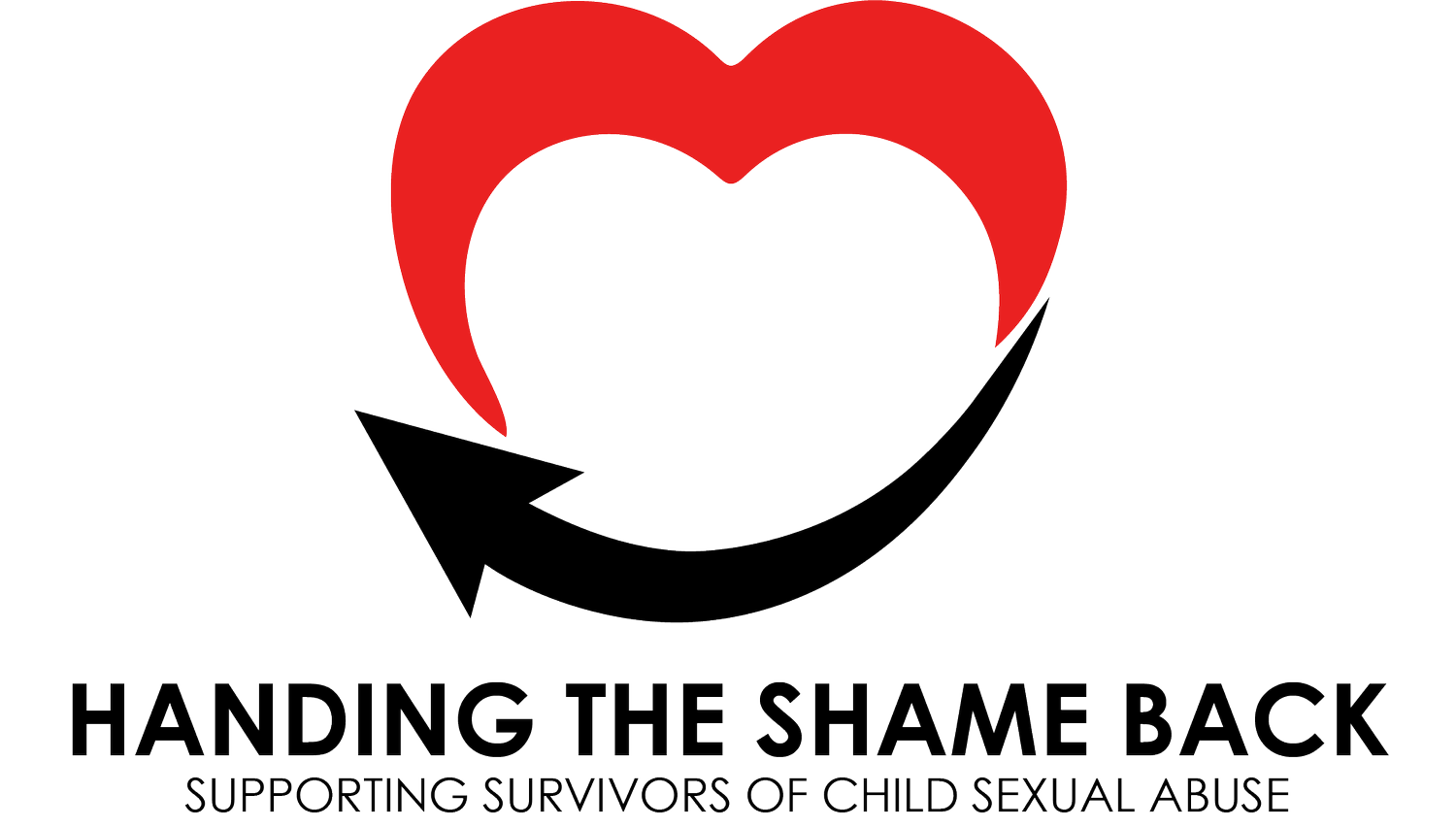Broken Pieces
Sometimes as survivors we feel like we are made of broken pieces.
Seeing a glass fall to the floor and shatter, noticing the shards lying on the floor is reflective of the tough days being a survivor is. Although it can be put back together it will never look or feel the same again and the ridges on the surface are now the new norm.
Broken pieces are part of our survivor experience. How this looks and how it is experienced can be two quite different things. Having experienced such trauma both enriches and destroys possibilities. On my best days I am so grateful because of who I now AM, but on the worst days it can feel almost impossible to rise again.
For non survivors watching, they may see a withdrawing or removal of our time and attention. What is not always understood is how challenging the seemingly simplest of social engagements can be. We struggle to put on a smile, or to be congenial when we are feeling broken on the inside. Because our pain is not visible it is sometimes unknowingly discounted or diminished, which leaves us feeling less than, and sometimes even worse than before we had spoken.
We have to find the courage of a lion at times to rise above and be within a normal social situation, and though that may seem incredible, it is in fact a reality for us as survivors.
So how can we let people know how difficult we find the world and get the support we so clearly need?
The answer is in communicating it, and the obvious challenge to do so is anything but. We just want to run fast in the other direction – circle back to the lion comment above.
If we communicate how we really feel people can and usually will share their discomfort with us and give platitudes like ‘Oh but that was years ago you’re okay now aren’t you? Or ‘I thought you had moved on from all that’.
And though these are just two examples there are many more and they all lead to the realisation that: speaking out is really difficult for both parties:
Us as survivors, and The people watching us struggle.
Depending on the relationship we have with the person we are sharing with, we may get slightly better responses. The sad reality is we cannot change what was – we can only look forward to what could be, so here’s a couple of thoughts that may just help us on those really tough days.
Write out what you want to share first.
Share it with someone you really trust
If they try to minimise this, tell them it is not helping
Ask for them to support you the way that you need
This may be as simple as, ‘Can you and I just go somewhere quietly and talk’
Let them know this takes enormous courage, and you’re grateful you chose them to share it with.
Although some of this will feel hard to do, the worst thing is keeping silent because that exactly replicates your initial experience as a child, when it was not safe to speak out.
So please do share, the people that love you the most will want to hear and will want to support you the best way they can. They will not know what is happening for you, unless you do share it.
The most beautiful mosaics are the ones where the cracks have converged to make a new pattern or even shape in some cases. Own it!

